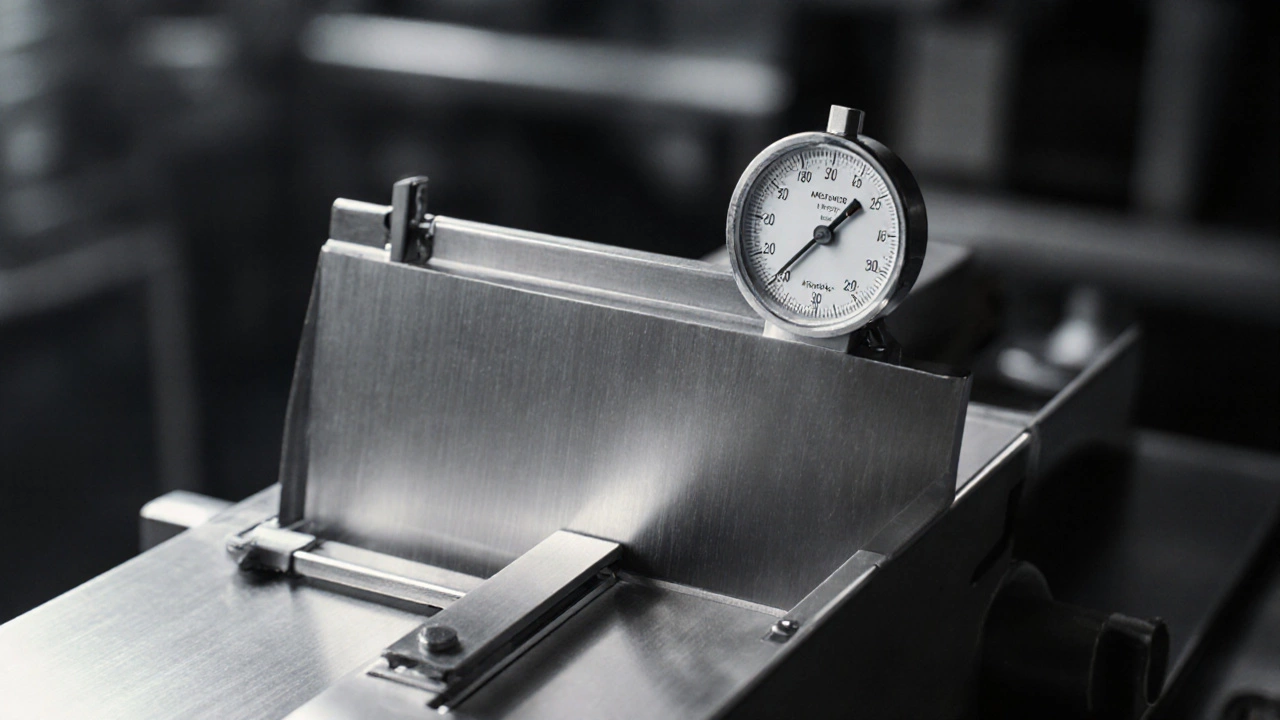Tolerance in Manufacturing: Why Precision Matters in India's Industrial Sector
When you hear tolerance, the acceptable limit of variation in a physical dimension or property of a manufactured part. Also known as dimensional accuracy, it's the quiet rule that makes sure your car’s brake pedal doesn’t feel spongy, your phone charger fits snugly, or your factory’s assembly line doesn’t grind to a halt. This isn’t theory. It’s daily reality in India’s manufacturing hubs—from Pune’s auto parts factories to Surat’s textile machinery shops. A part that’s off by 0.05mm might seem tiny, but in a high-speed engine or a medical device, that’s the difference between working and failing.
Precision engineering, the practice of designing and manufacturing components with extremely tight control over dimensions and material properties is what turns good factories into industry leaders. Companies like Blue D Air Control don’t just build air control systems—they build them to hold tolerance levels that match global benchmarks. That means every valve, sensor, and housing is made to fit, function, and last. It’s not about being the biggest—it’s about being the most reliable. And reliability? That’s built on tolerance. You can’t scale quality without controlling variation. That’s why top Indian manufacturers track tolerance like currency. A single batch of parts with poor tolerance can cost lakhs in rework, delays, or lost clients.
Industrial standards, officially recognized guidelines that define acceptable limits for materials, processes, and performance give manufacturers a common language. Whether it’s ISO 2768 for general tolerances or ASME Y14.5 for geometric dimensioning, these aren’t just paperwork—they’re the rulebook that lets Indian suppliers compete with global brands. If your tolerance doesn’t match the standard, your part doesn’t get accepted. No exceptions. That’s why so many posts in this collection—like those on plastic manufacturing, textile machinery, and auto engine production—keep coming back to the same thing: how tight the numbers are, and who’s holding them.
What you’ll find below isn’t a list of articles. It’s a map of how tolerance shows up everywhere in India’s manufacturing story. From the code 5 plastic used in automotive parts to the engine blocks made in Bidadi, from the steel mills in Gujarat to the food processing lines in Maharashtra—every product you touch was shaped by someone who cared about a fraction of a millimeter. These posts don’t just talk about machines or materials. They show you how precision drives profit, safety, and trust. If you’re in manufacturing, you already know tolerance matters. These articles show you how others are winning with it.

What is .0005 called in food processing units?
.0005 in food processing is a critical tolerance level-half a micron-that prevents bacterial growth in machinery. It's not a suggestion; it's a legal standard enforced by food safety agencies worldwide.
